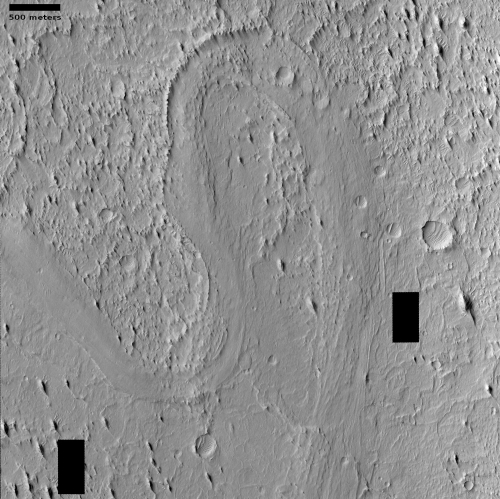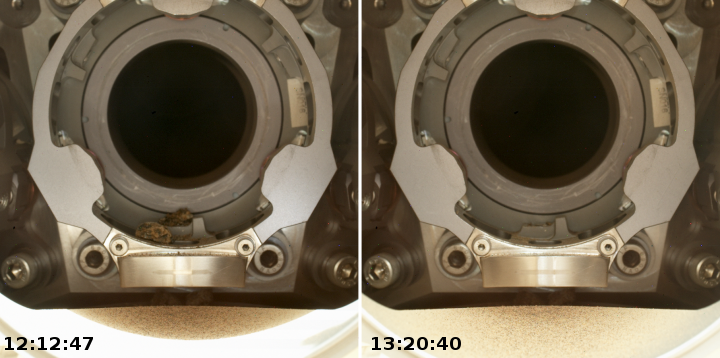Strong opposition to new proposed regulation by federal safety board
We’re here to help you! Both the FAA and the rocket industry, led by SpaceX and Blue Origin, have issued detailed written opposition to a proposal by the National Transportation Safety Board (NTSB) that it be placed in charge of all future space accident investigations.
The regulations would require companies conducting a launch or reentry under an FAA license or experimental permit to immediately notify the NTSB in the event of a mishap. The NTSB would conduct an investigation to determine the probable cause and provide recommendations to avoid similar events in the future.
The opposition notes that this will merely duplicate what the industry and the FAA already do. The rocket industry also noted that the NTSB’s present investigation responsibilities are aimed at helping the mature airline industry, not “a nascent industrial sector that is still in development, and is appropriately regulated as such.”
It appears that there is also opposition in the halls of Congress, as two congressmen have expressed their own opposition.
Without doubt the NTSB’s action here has been encouraged by the Biden administration. Democrats always want more regulation to enhance the power of government. Since Biden and his Democratic Party handlers took over, the federal bureaucracy’s effort to regulate and hinder space activities has definitely increased, such as its efforts to block SpaceX’s Starship development at Boca Chica.
Had the NTSB tried to propose this during the Trump administration it would have been quickly quashed. For example, when NOAA tried to claim it had the right to regulate all orbital photography and the Trump administration told them no, in no uncertain terms.
We’re here to help you! Both the FAA and the rocket industry, led by SpaceX and Blue Origin, have issued detailed written opposition to a proposal by the National Transportation Safety Board (NTSB) that it be placed in charge of all future space accident investigations.
The regulations would require companies conducting a launch or reentry under an FAA license or experimental permit to immediately notify the NTSB in the event of a mishap. The NTSB would conduct an investigation to determine the probable cause and provide recommendations to avoid similar events in the future.
The opposition notes that this will merely duplicate what the industry and the FAA already do. The rocket industry also noted that the NTSB’s present investigation responsibilities are aimed at helping the mature airline industry, not “a nascent industrial sector that is still in development, and is appropriately regulated as such.”
It appears that there is also opposition in the halls of Congress, as two congressmen have expressed their own opposition.
Without doubt the NTSB’s action here has been encouraged by the Biden administration. Democrats always want more regulation to enhance the power of government. Since Biden and his Democratic Party handlers took over, the federal bureaucracy’s effort to regulate and hinder space activities has definitely increased, such as its efforts to block SpaceX’s Starship development at Boca Chica.
Had the NTSB tried to propose this during the Trump administration it would have been quickly quashed. For example, when NOAA tried to claim it had the right to regulate all orbital photography and the Trump administration told them no, in no uncertain terms.






